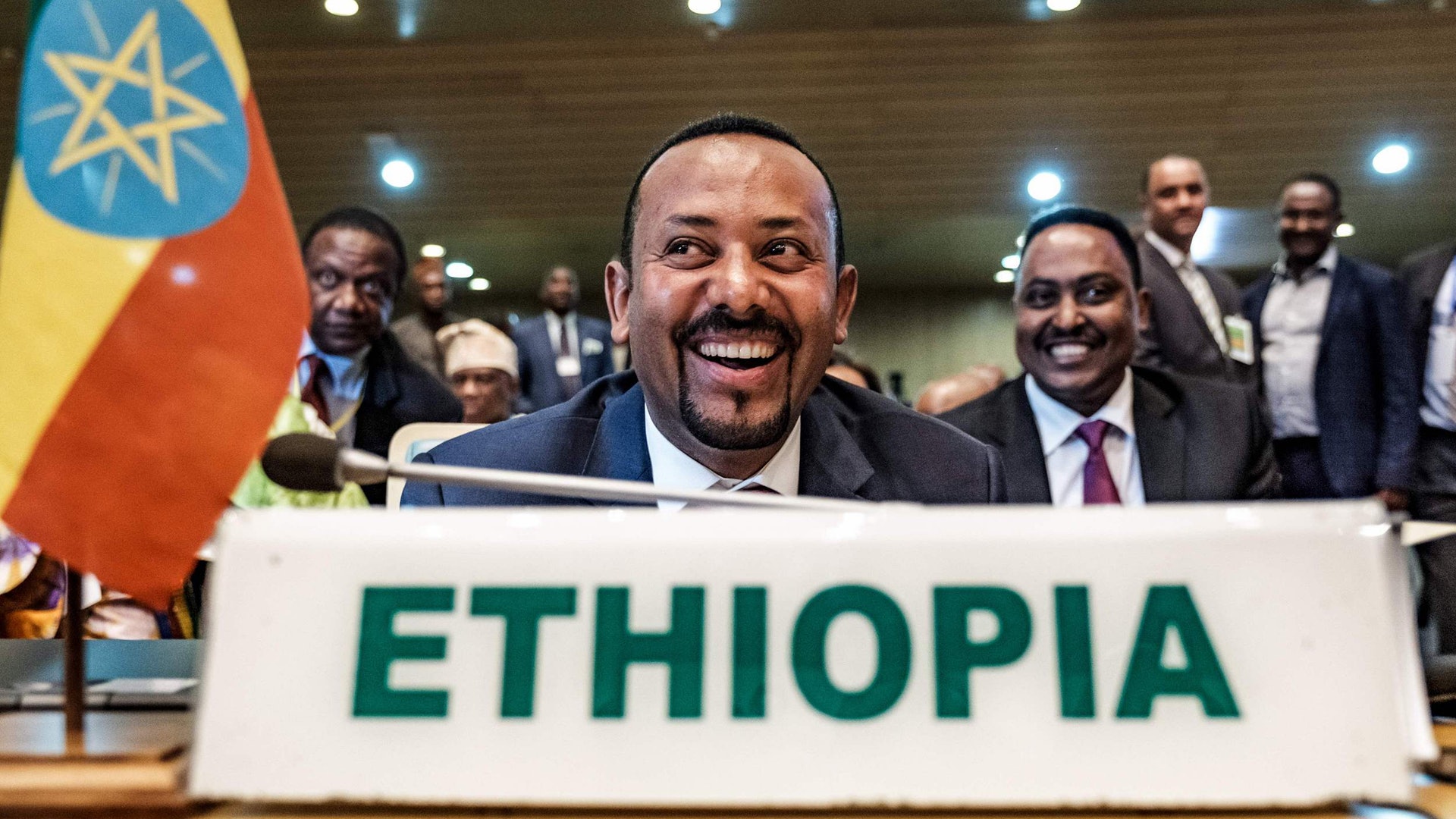The 2019 Nobel Peace Prize was won by Ethiopian Prime Minister Abiy Ahmed. The youngest African prime minister has ended his long-standing hostile relationship with his neighbors, but he is not without controversy, such as the rapid reforms in the country and the resurgence of ethnic conflicts. He also tried to shut down the network and communication services in order to curb the coup.
Since the end of the civil war in 1991, Ethiopia has been generally led by a centralized government and a federal system divided by language and ethnicity. The government’s iron fist governance has overwhelmed the disputes of various ethnic groups. Until 2016, large-scale anti-government demonstrations broke out in many parts of the country, demanding political reforms.
Ethnic disputes are difficult to understand
After his election in 2018, Ahmed visited many places across the country, promoted Ethiopian nationalism, and released political prisoners, hoping to break down ethnic racial divisions and expand the country’s democratic system. He also advocated the privatization of state-owned enterprises to promote the domestic economy. However, the reform of the economy involves conflicts of interest, coupled with the opening of political space and the removal of former officials. This led to differences in Ethiopia’s ruling coalition, the ERPRD, and the long-standing racist sentiments. The country is once again in turmoil.
In addition to June 2018, Ahmed was assassinated in the capital Addis Ababa.In June 2019, a miscarriage coup took place in Amhara, which was converted by the people.It led to the death of senior officers such as the Army Chief of Staff and the Governor. A bloody clash of about 25 deaths occurred in the southern Sidama area during the month of July.
Closing the network and information services to curb the coup
In June, the Ahmad government ordered the state-owned telecommunications operators to stop supplying supply networks and information services for many days without explanation, triggering a large number of people dissatisfied. Although the country had tried to shut down the network in order to prevent students from cheating, it was not an examination period. The move once worried that he would suppress freedom of speech like the former government.
He later defended that the action was made in response to the monthly abortion coup. He founded the country’s network and information security bureau, saying that the network is very important to promote communication and trade, but the network is not water and air. If anyone tries it as a revolutionary tool to incite people to destroy and set fire, then it may be necessary Turn off the network for a longer period of time.
Hosting a luxury dinner to attract foreign investment
Ahmed is committed to promoting the national economy, proposing a plan called “Beautifying Sheger” and hosting a luxury dinner in the former kingdom of Menelik Palace in May for about 300 businessmen in exchange for A total investment of about $1 billion.
Each guest is required to pay approximately US$173,000 (approximately HK$1.35 million) to enjoy traditional Ethiopian dishes such as raw meat, Tej and special coffee. But this banquet was rated by the media as “the most expensive dinner.”












